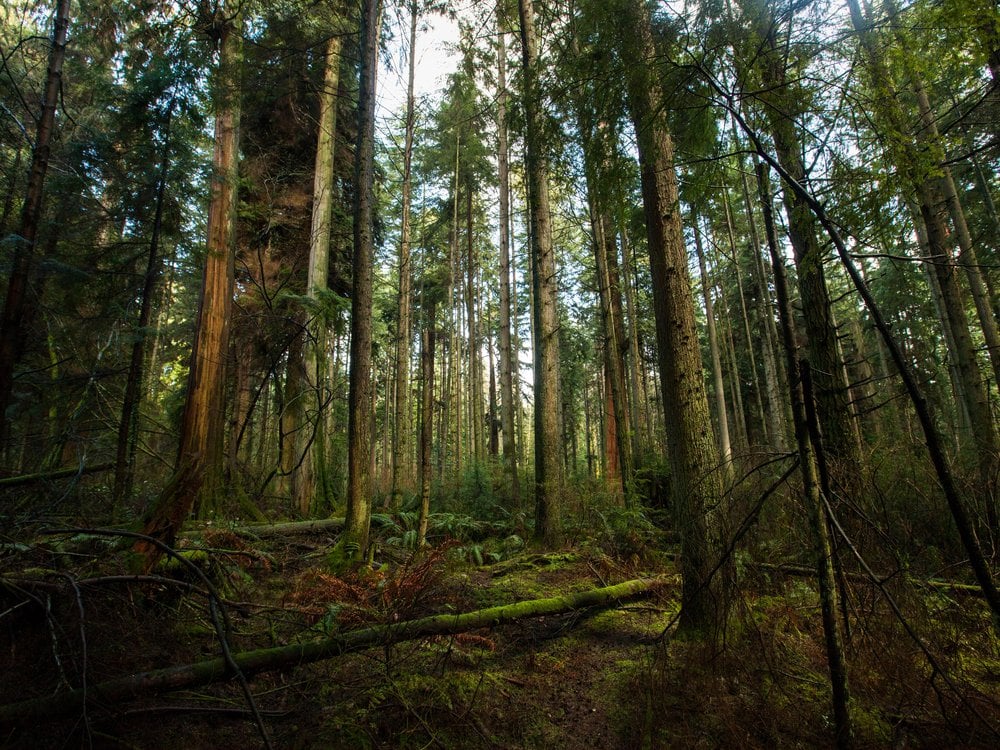Digging desperately for more climate dirt, the CBC announces that worms are coming for us. “Invasive earthworms are remaking our forests, and climate scientists are worried”. Worried about worms eating forests? Well, yes. The author, with a BA in Journalism from Concordia with a minor in Women’s Studies, informs us that the three-century-long creep of non-native earthworms through North America is releasing deadly clouds of CO2. “Although they're usually perceived as friendly helpers in the garden, elsewhere, they can be a surprisingly destructive force.” Once again, if worms can destroy the planet, it wasn’t going to make it anyway.
You might be wondering what exactly makes worms surprisingly destructive, given that in their absence “other soil-dwelling organisms such as mites, nematodes, millipedes and fungi break down organic matter in Canadian forests”. Well, see, “In essence, worms speed up decomposition, which can be a bad thing for ecosystems used to taking it slow.” Which brings us back to this curious alarmist belief that until humans put the blade on the hockey stick climates didn’t change much.
Which is especially curious here because the story allows that “Earthworms are not native to most of North America. Until about 10,000 years ago, a vast ice sheet covered the northern third of the North American continent. Scientists think it killed off the earthworms that may have inhabited the area before the last glaciation.” Doesn’t sound like taking it slow to us. Sounds like massive upheaval.
What’s more, if the worms were only wiped out between the Eemian and the Holocene, and before that were doing their thing throughout most of the last 200 million years, they should have caused runaway warming or whatever dumb thing they were going to do long before the last glaciation. And if she were a scientist, we might ask her to explain why the last glaciation killed them off but not the roughly 16 others during the Pleistocene.
We won’t, because the syllogism, such as it is, runs like this: “Major Premise: Climate change is a runaway disaster. Minor Premise: Earthworms are part of climate change. Conclusion: Earthworms are a runaway disaster.” Works great on anything.
Even worms. And even though the holistic gardeners we have mentioned in earlier posts think that worms are good because healthy soil means healthy plants and healthy plants sequester carbon in soil. But when it comes to climate change, everything is bad and nothing is too small to cause catastrophe. And everything gets worse.
Thus the story finishes us off with “More recently, several species of Asian earthworms have made their way to the continent, and they have soil scientists particularly concerned. Originally from Korea and Japan, they are known as ‘jumping worms,’ ‘snake worms,’ or ‘crazy worms’ — named for their distinctive thrashing when disturbed. They are ravaging soils throughout the U.S., and have crossed the border into Canada.”
Snake worms are ravaging soils. It’s all over.



Invasive earthworms. Well that explains why we had a bumper crop of Robins this summer here in the backwoods of Muskoka. Does not explain why we had a proliferation of Hummingbirds? Oh wait, my wife is an avid gardener, all those native flowers (worms in her soil) we had this year.
Yeah, but think about many more fish we can catch using those worms...am I right or what? If we eat more fish we won't eat as much beef, which I'm told is very bad for the climate...am I right or what?